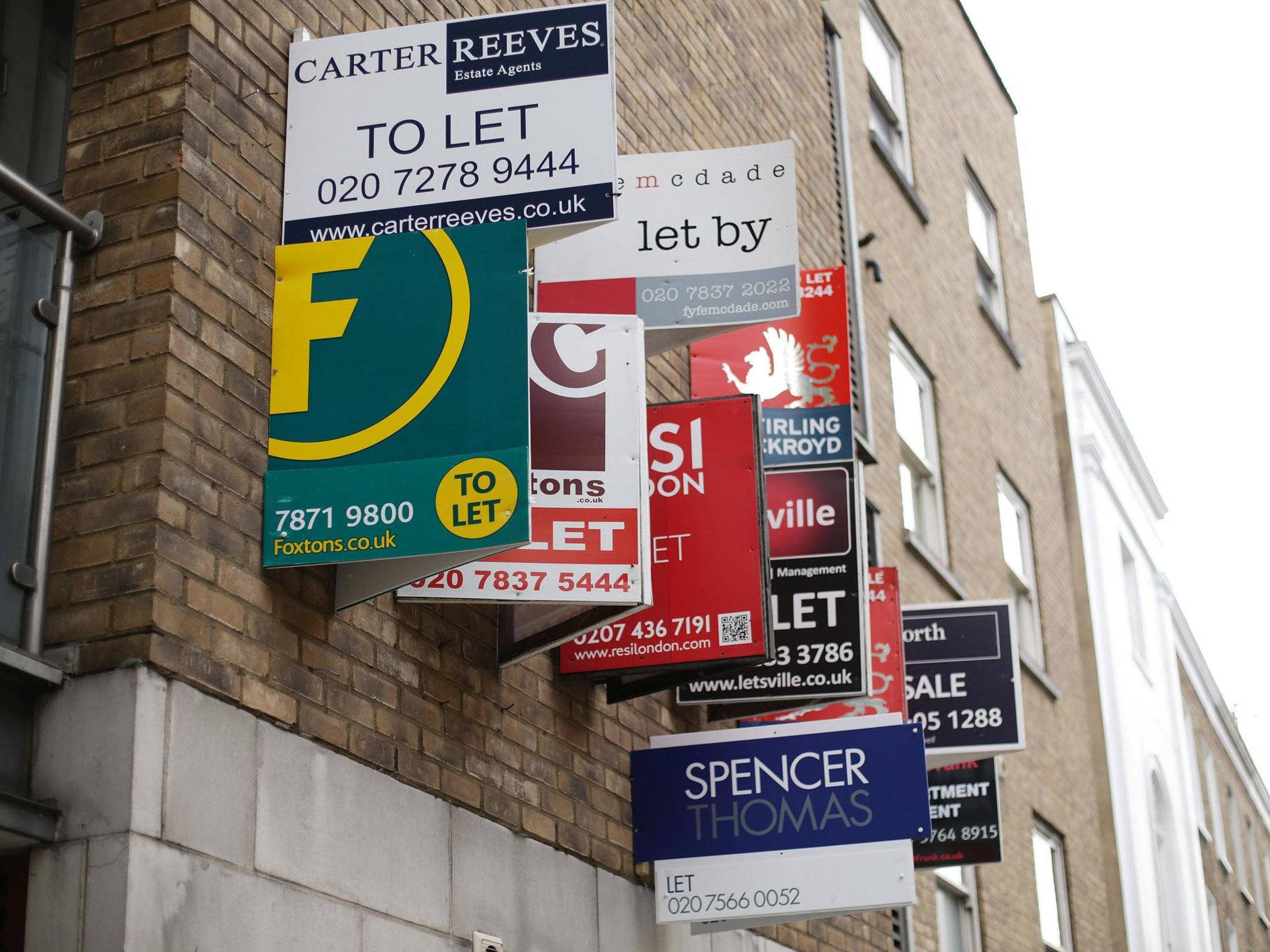Labour seeks law change to reduce maximum deposit landlords can charge renters
Exclusive: New parliamentary motion seeks to reduce cap from six weeks' rent to three weeks' rent

Labour is seeking to change the law to significantly reduce the amount that landlords are allowed to charge renters as a deposit.
The party wants to amend a new law in order to cap the maximum deposit at three weeks’ rent – an average of £575 for renters in England.
Under government proposals currently before Parliament, the maximum deposit landlords could charge would be limited to six weeks’ rent – meaning, on average, £1,150.
Labour claims the government’s six-week limit would do nothing to help most tenants, because the average deposit is already less than five weeks' rent.
The party said its plans would save tenants £575 compared to the government’s proposals – rising to £928 in London.
It has tabled an amendment to the Tenants Fees Bill, which is currently before parliament. The bill seeks to restrict the fees that landlords and letting agents are allowed to impose on tenants.
Melanie Onn, Labour's shadow housing minister, said: "Labour is fighting for a fairer deal for all renters.
"We recognise the private rented sector is the fastest growing area of housing, and it is right that they are not exploited by unfair fees.
"This government has failed renters for the last eight years. Labour will hold them to account to make sure the power between landlords and tenants is rebalanced."
According to the government’s impact assessment for the Tenant Fees Bill, the average rental deposit stood at £1,161 as of last March. It has risen from £979 in 2012 - a19 per cent increase in five years.
The document admits: “In many cases the amount of deposit taken is much greater.”
The world's least affordable cities for housing
Show all 10It continues: “As with letting fees, tenants are often forced to accept the terms of the deposit as set out by the landlord otherwise they will risk losing the property. Tenants can therefore be required to pay unreasonable deposits that are incommensurate with the landlord’s risk.
“Tenants have little bargaining power to influence this level of deposit, which is further indication that the lettings market is not functioning in accordance with true market forces.
“Government intervention in the form of a cap on tenancy deposits at six weeks’ rent is necessary to ensure that the level of deposit required by landlords is financially manageable for tenants and commensurate with the landlord’s financial risk. This will result in the money being available to tenants to spend, leading to wider economic benefits."
Three in four private renters are asked to pay a deposit when moving to a new property. On average they have only 77 per cent of the sum returned to them.
Hefty deposits are a major barrier to many homeless people finding an affordable property.
A spokesperson for the Ministry of Housing, Communities and Local Government said: “Our new measures will save hard-working renters an average of £200 every time they move, and in some cases much more.
“Landlords will be allowed to charge a maximum of six weeks’ rent and we expect them to consider what is the right deposit to take on a case-by-case basis.”
Subscribe to Independent Premium to bookmark this article
Want to bookmark your favourite articles and stories to read or reference later? Start your Independent Premium subscription today.

Join our commenting forum
Join thought-provoking conversations, follow other Independent readers and see their replies